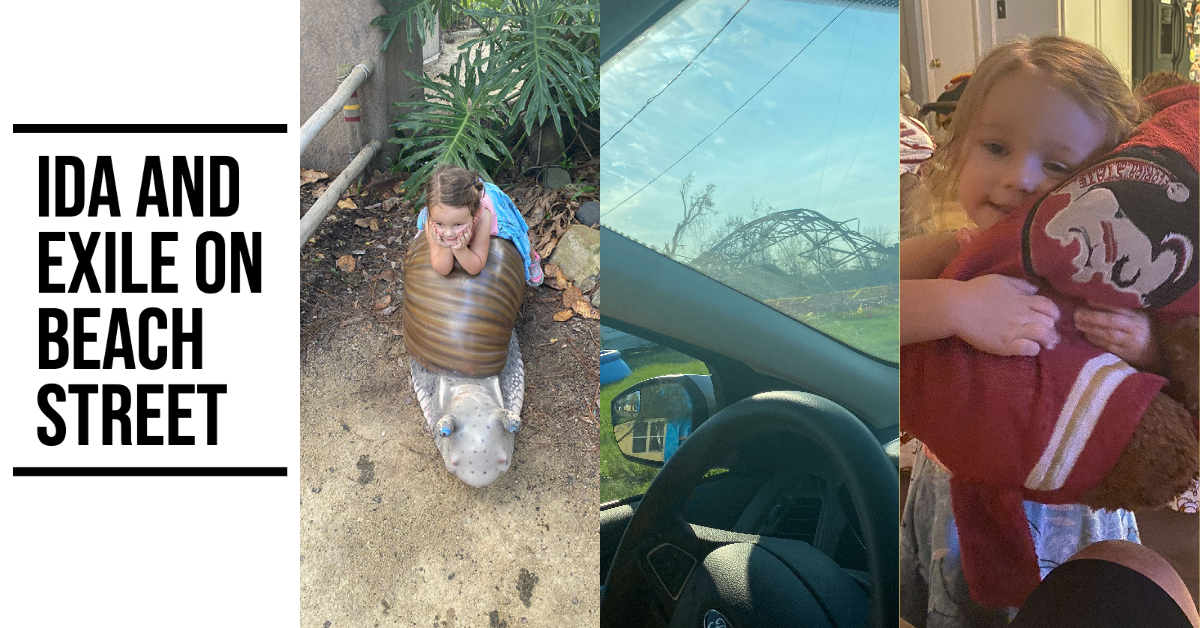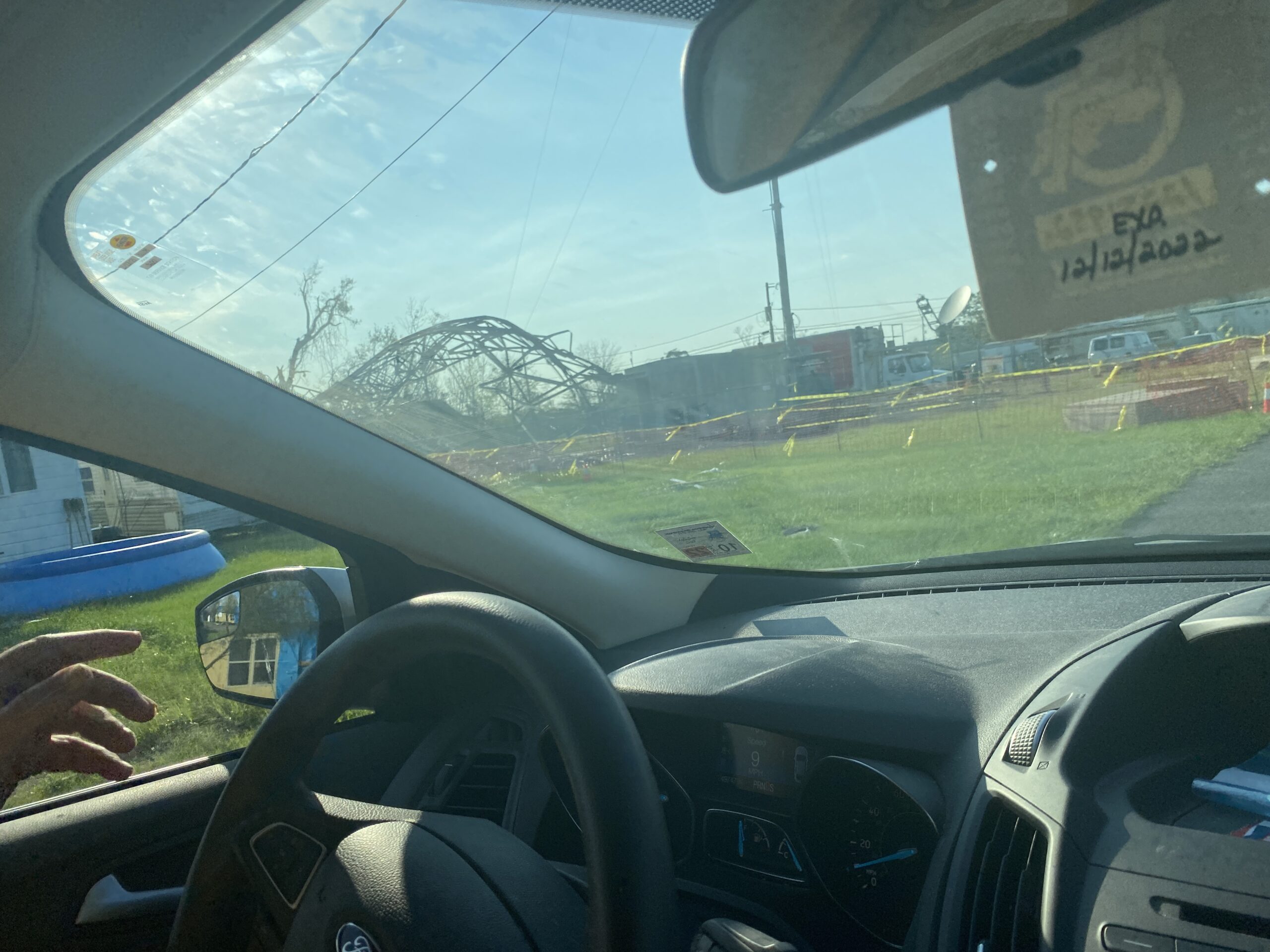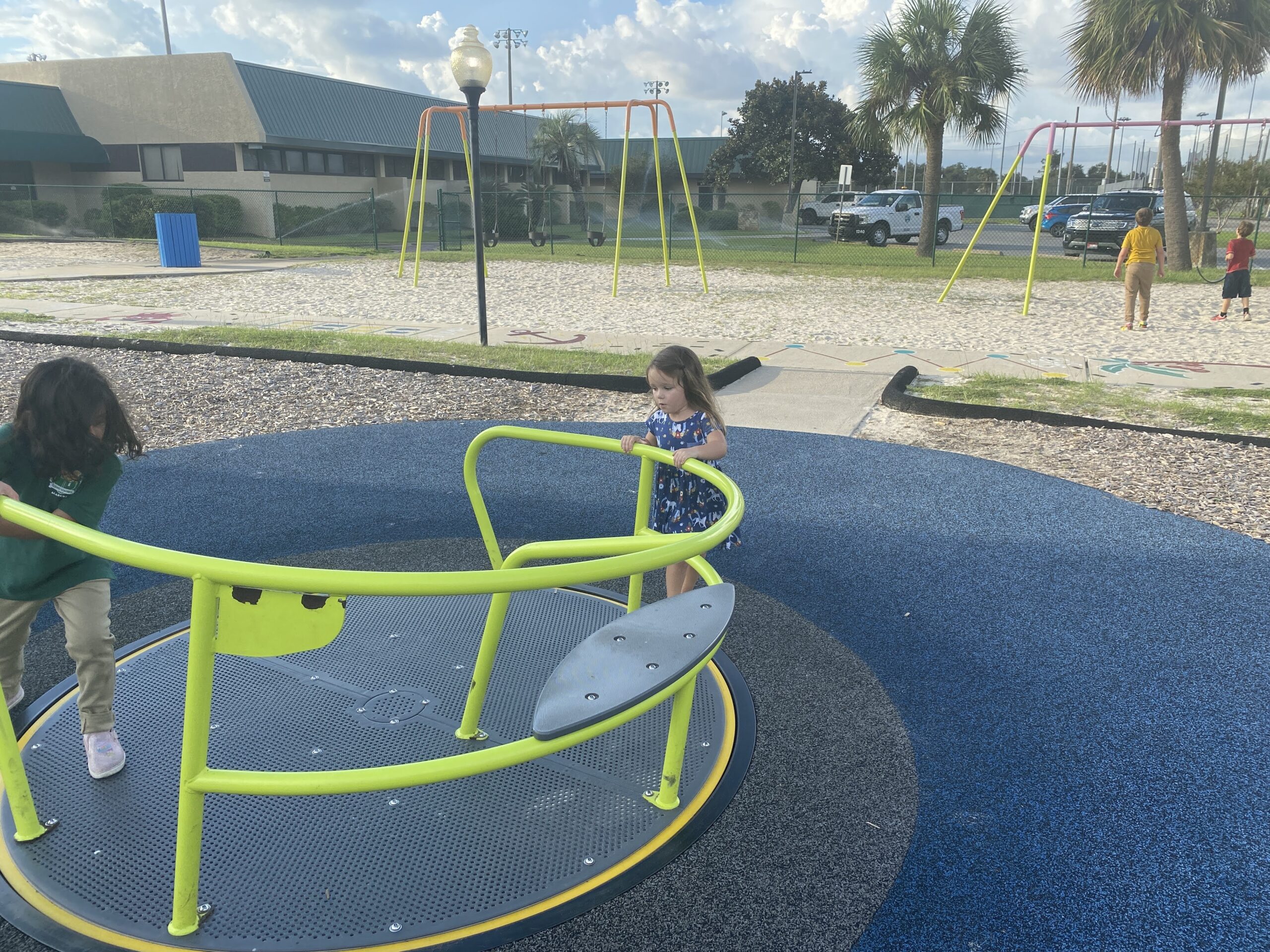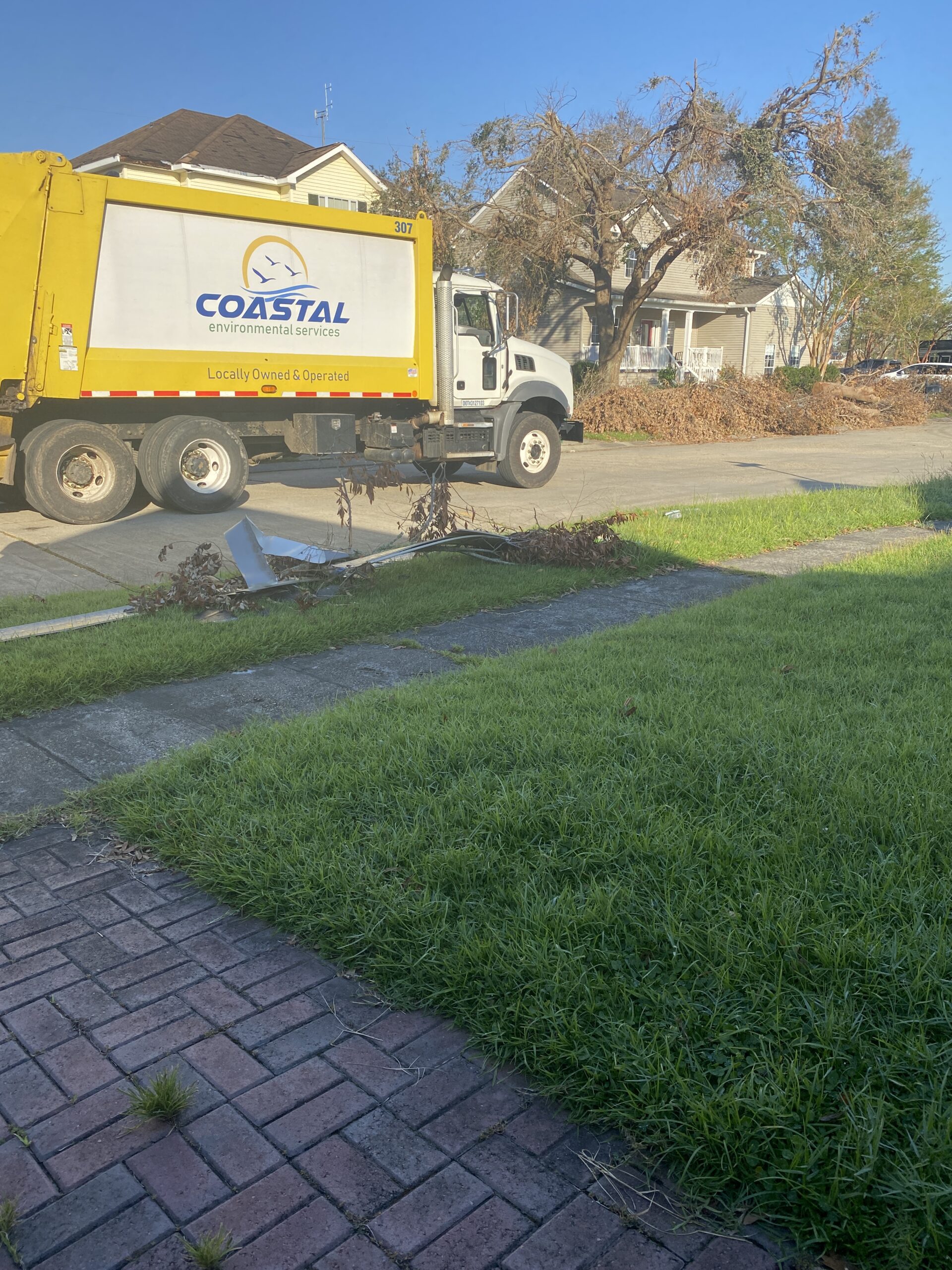
Direct Hit
Hurricane Ida unleashed its fury on my homeland, delivering a direct hit to the town of my birth, Houma, and my hometown of Lockport. The area where I currently live found itself in the storm’s bad quadrant. As I reflect on the chaos, I realize how fortunate we were to evacuate to my in-laws’ home in Panama City Beach. With Hurricane Michael still fresh in their minds, the locals welcomed us with open arms, sharing valuable insights on dealing with insurance and recovery while offering unconditional support.

Doing What We Can for Our Little One
In the aftermath of Ida, we faced significant challenges, particularly as we struggled to cope without power and potable water for an extended period. To provide some semblance of normalcy for our three-year-old, we actively sought out opportunities for her. We found a PreK that accepted her and a dance studio that allowed her to continue her classes. Moreover, Panama City offered plenty of fun activities for a preschooler; her favorite spot quickly became a local “everything a dollar” tourist shop where she delighted in her finds.

Despite the fun, it was undoubtedly stressful for her. She missed her “big girl school” friends and felt my absence acutely when I returned home to assess the damage. We struggled with poor cell service, which meant no FaceTime calls, making it the longest stretch she had gone without seeing me. Thankfully, she was surrounded by family during this time, and while Hurricane Ida’s aftermath was bleak, we have to acknowledge the silver linings—like the invaluable time she spent with her great-grandparents.
The Hard Part: After the Storm
While our home sustained damage, we counted ourselves lucky compared to many others in our community. Everyone I know faced some level of destruction, and even those with minimal damage struggled with the lack of power and clean water, which is particularly dangerous in Louisiana during September. The books I’ve read about hurricanes often focus on the storms themselves. For example, The Great Deluge provides a fascinating account of what transpired in New Orleans and along the Mississippi Gulf Coast.

However, I believe the aftermath deserves more attention. This period reveals the systemic inequities that become glaringly visible. The storm’s intensity lasts only a few hours, but the cleanup and recovery can stretch on for years. For instance, we still see tarps from Hurricane Laura, which struck roughly a year before Ida, lingering in the Lake Charles area, while Hurricane Michael’s impacts from 2018 continue to be felt as well.
Work: Yet Another Way to Teach
After two years of navigating the challenges posed by the pandemic, I had hoped that the 2021-2022 school year would offer a return to normalcy. However, Hurricane Ida had other plans, shutting our school down for an extended period. Our school suffered major damage and remains closed, forcing us to share facilities with another high school in our district.
Initially, I thought this would be manageable since we had already adapted to a hybrid schedule during the pandemic. Yet, the instability of internet and power forced us to pivot yet again, preparing for non-online work. As a computer science teacher, this transition proved particularly challenging. However, by December, we finally began to find our footing, although the return to a traditional school environment will take some adjustment.
Why Stay After Hurricane Ida?
This situation often leads to the inevitable question: why do you still live here? It’s essential to recognize that Hurricane Ida’s impact extended beyond Louisiana, affecting areas like New Jersey and New York, where the storm caused nearly as many fatalities. We can’t view named storms as isolated incidents; climate change has altered the landscape of weather patterns across the country.
Why should I stay in Louisiana? For many of us, our roots trace back to this land, and despite efforts to assimilate into a different culture, we maintain our unique identity with Cajun French phrases and traditions passed down through generations. Our rich history—shaped by French, African, Native American, and Caribbean influences—makes this place special, and it’s vital to honor that heritage.
Moreover, this area provides for us. I’ve taught students whose families only visited the store for items they couldn’t produce themselves, relying on the land for sustenance. If we respect the land, it will sustain us in return.
Finally, we can’t overlook the food. Many believe that South Louisiana boasts the best cooks per capita in the country, and I wholeheartedly agree. So yes, we will rebuild, just as communities affected by tornadoes or wildfires do. Home is home, and we’ll continue to cherish and protect it.
About The Author
Discover more from NolaNerdCouple.com
Subscribe to get the latest posts sent to your email.

